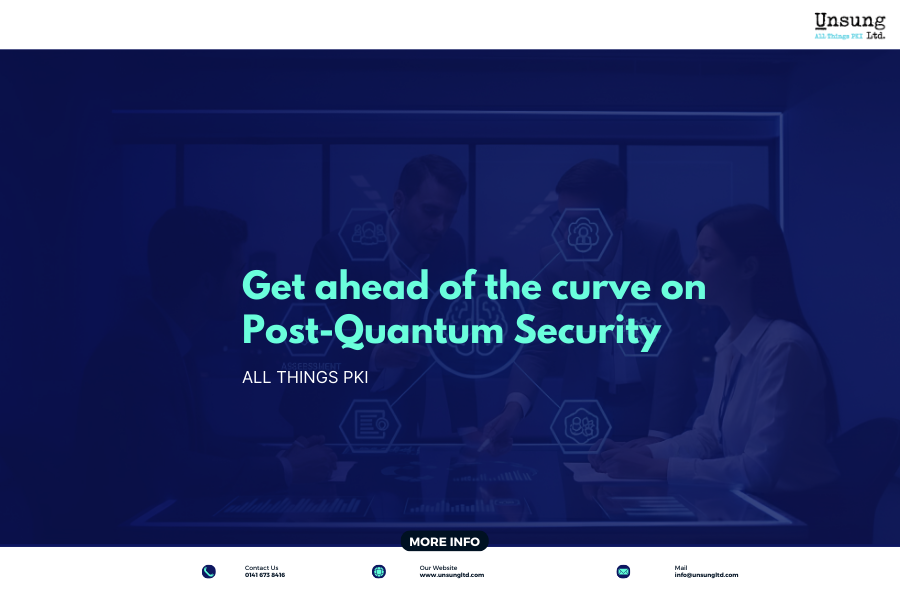At 60 Innovations, we’re digital transformation software consultants. As Manchester Digital members, we thought it would be useful to write an article that details all the things you may want to consider when initiating a digital transformation project.
The key pillars of digital transformation
If you’re going to undertake a digital transformation or evolution in your organisation the five main pillars that you should take into account are;
- People
- Process
- Technology
- Strategy (vision)
- Culture
Which order you chose to approach them from is paramount, and you need to understand your organisation very well, and its appetite for change in every area, at every level.
It’s advisable to get yourself a set of metrics to measure and to do so frequently during the process, our scorecards are free and not a bad place to start. It’s essential that this undertaking is owned and championed by someone at the very top of your organisation, the easy example being C-level execs or equivalent.
Now, let’s take a look at each of these pillars in a little more detail.
People: People are a vital part of any business, pretty obvious right? Don’t underestimate the level of nervousness undertaking digital transformation or digital evolution can cause within your business. Even seasoned and senior people can feel very unsettled when the true scale of what technology can now do is understood by them. Keep comms channels open, and information flowing both ways in the business, make meaningful commitments to people and act on them! When you are evolving in a digital way, it will become clear that you are really retraining people to think differently and in a new way with a new capability at their disposal in terms of technology, this takes time, so having the right mix of people is key.
Culture: An ever-increasing one in terms of importance is culture. If two companies have equal technical and financial capabilities, the company with the most effective culture will be the dominant brand. Did you notice I didn’t say “best” culture? That’s because you can’t easily define what the “best” culture is because each company’s culture is unique.
Whilst certain facets of culture are shared between different organisations, they often have each company’s unique slant on them, and for very good reason. Copying another company's culture, unless you understand it deeply, is a dangerous business. We have seen a number of cases now where, organisations without strategy launch into transformational work, copying a bit of Spotify, a bit of Google a pinch of Facebook, for it to just end up a confusing mess, that ultimately did not deliver very much, very effectively. Main take away, study other successful company cultures, but create your own, and most importantly do this WITH your team!
Technology: The pace of modern technological change is phenomenal, and it is only going to get quicker. There are a couple of points though that we feel remain valid no matter what your technology choices may be;
Engineering standards need to be as high as your tech team can get them.
Any technology used must underpin a strategic business objective.
Now the above two statements are not the shiny glitz that you often read about when looking at articles on digital transformation, we make no apology for that either. Without the two points above being part of your technical team's culture, you will remain at risk of failed initiatives, and vast, quickly-established technical debt. Any organisation that has started to scale or attain market share at least will have acquired technical debt, the important part is to recognise it, and create a culture that allows for sensible management and resolution of it.
Strategy: Strategy can sometimes be misunderstood as being a set of financial goals. For example, a strategy stating that you want to increase market share by 15%, is not really a strategy, it’s a target. A strategy is a detailed description of an approximate timeline of how you will get there. The previous statement is not meant to be condescending, we have gone to some pretty big businesses and been shown a “strategy” that is little more than financial targets. We can’t recommend highly enough that you get help with strategy from a suitably qualified and experienced consultancy, even if you have a top-notch strategy it is well worth having a fresh set of eyes look over it. If a strategy is something you have struggled with before, or you are not sure how to get to an effective strategy quickly, then get someone in to help you. It will pay you back in a very short space of time, and will certainly be less costly than having a go on your own, to maybe not get it right or as effective as it could have been.
Process: The purpose of transformation certainly reaches the process in all areas of a business. It is not just the process of delivering new technologies and solutions that we mean here, it how the very business operates that can, and should where useful be transformed or evolved to make the best use of newly available technologies to gain a competitive business advantage.
To summarise the above as a list.
- Process should make the digital transformation journey as efficient as possible.
- Process must deliver an amazing customer experience.
- Process must ensure that your technology strategy underpins your business strategy.
- Process must allow technology to inform business strategists of potential new capabilities and offerings that they can bring.
Get in touch
If you would like to find out more about digital transformation, contact 60 Innovations here.
If you would like to share your news or an article with the Manchester Digital community, email thom@manchesterdigital.com








